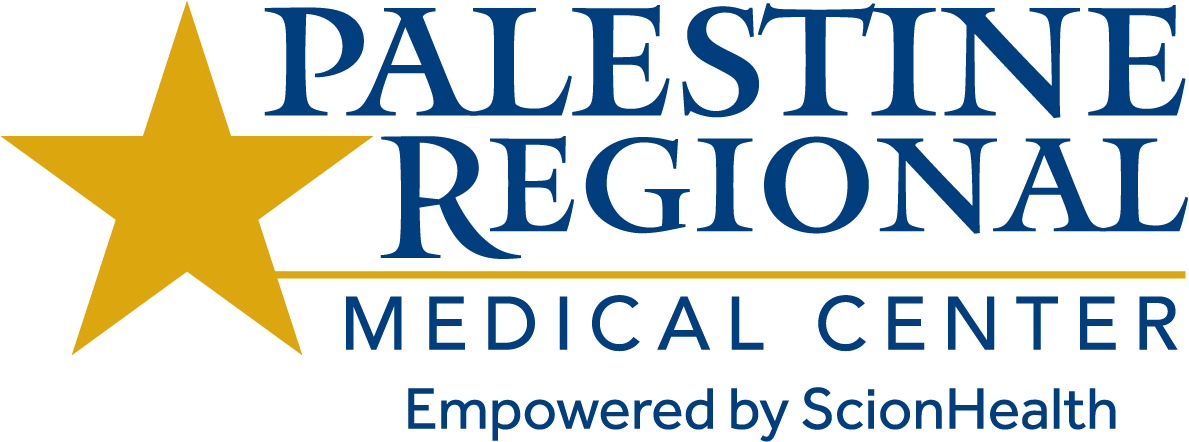Alzheimer's & Brain Awareness Month
June 7, 2024
Join the Fight Against Alzheimer’s
June is Alzheimer’s & Brain Awareness Month, an annual healthcare recognition meant to put the spotlight on Alzheimer’s and the fact that disease and other dementias are major public health issues.
The awareness part begins with the simple truth that everyone – no matter their race, gender, geography, weight, or height – is at risk of developing Alzheimer’s. It continues with another truth, one that is a bit humbling to all of us in the healthcare profession – Alzheimer’s has been the only leading cause of death that cannot be prevented, cured, or until very recently, even slowed.
Approximately 55 million people worldwide are living with Alzheimer’s or another dementia, meaning hundreds of millions of family members and caregivers are also impacted. And while new, FDA-approved treatments can slow the disease in its early stages (yet aren’t covered by Medicare, a related awareness challenge), the disease is still fatal.
So, every June, the Alzheimer’s Association asks people around the world to wear purple and use their healthy brains to fight Alzheimer’s disease. We can all contribute to the fight by helping to fund research, volunteering, and doing things experts believe help delay the onset of the disease – like eating healthy and exercising.
As anyone impacted by this insidious disease can attest, the fight against Alzheimer’s is a fight that must be won. Watching a loved one gradually lose their memories, knowledge, communication skills, emotions, understanding, and physical abilities is devastating. As Palestine Regional Medical Center continues to care for those suffering from Alzheimer’s and other dementias, we encourage each of you to support those “angels” around us who double as caregivers for a loved one afflicted.
To learn more about Alzheimer’s and other dementias and how you can raise awareness or join the fight, visit the Alzheimer’s Association website at alz.org.
If you are concerned about your risk for Alzheimer’s or any type of dementia, talk to your primary care doctor. If you don’t have one, find one here or call 903.731.5470
